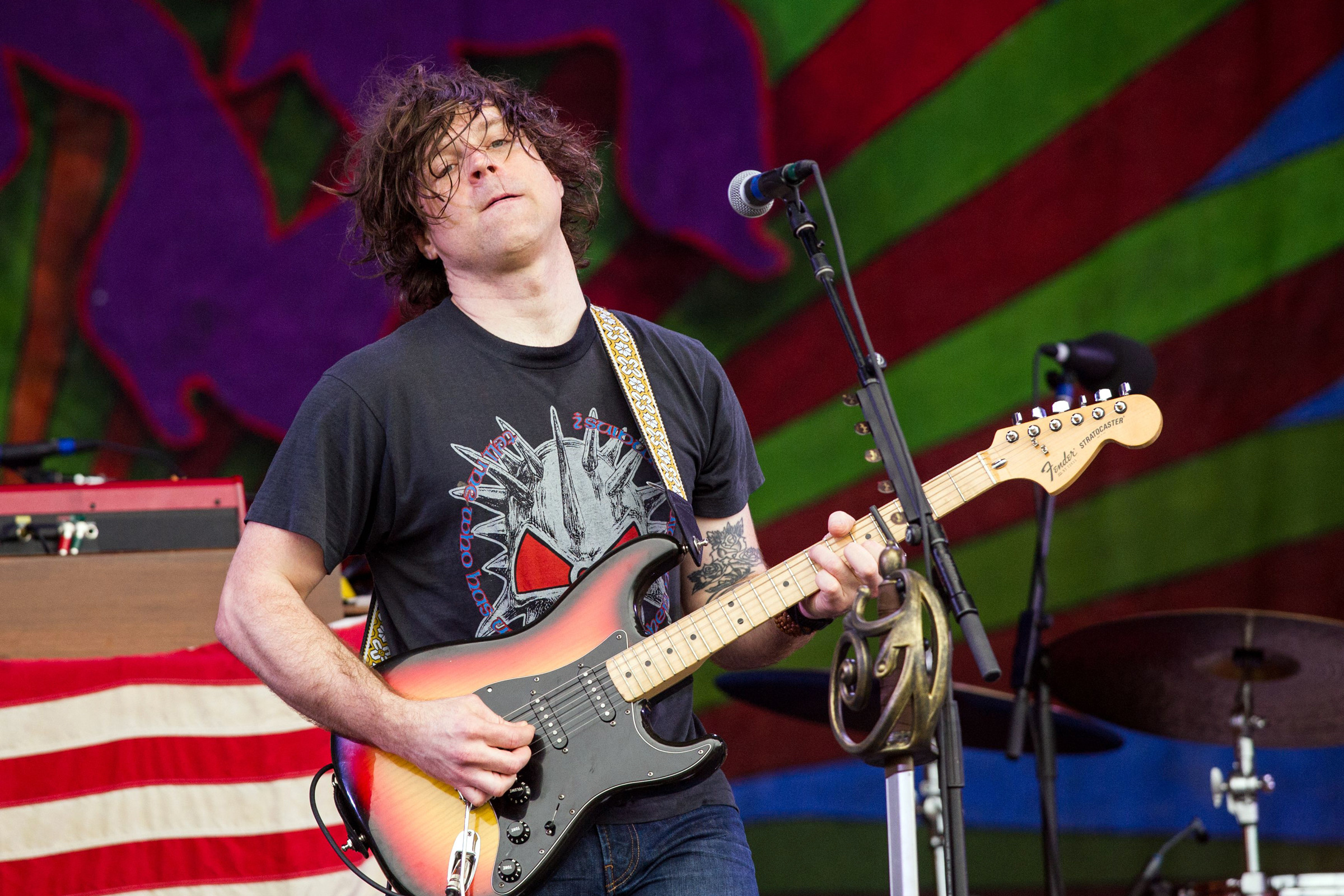It’s 2019, and it’s become the norm to see allegations of outrageous behaviour from male celebrities pop up on your timeline. As the #metoo movement grows more vigilant, the allegations do not necessarily cease to shock, yet are becoming disturbingly more expected.
One recent allegation, however, was unforeseen by many. Esteemed singer-songwriter Ryan Adams, rock troubadour since his debut album in the early 2000s, has been under fire for the last two weeks due to accusations of sexual misconduct.
It is a great source of discomfort for those with emotional ties to Adam’s music. He was deemed by many as one of the best American songwriters of his time, and the candour and sensitivity within his music was met with delight from his devoted fans.

Andrew H Walker/Getty
But what is even more heartbreaking than this are the female musicians that he hurt in the process. From his ex-wife Mandy Moore, to an anonymous aspiring female musician who was a minor when Adams began his relationship with her, Adams has harmed over a dozen female artists within the industry.
On International Women’s Day, it seems an apt time to consider the weight of the power imbalance within the music industry. It is critical that we listen to the voices of these women and believe the things that they have to say.
Folk-singer Laura Marling was among those to join the debate on Twitter, expressing how “extraordinarily brave” the women who have exposed Adams have been. Though the #metoo movement has encouraged a great shift into the right direction, we cannot assume that it is in anyway easier for victims to not only confront their own feelings and pasts, but tell the world about them too. Karen Elson, who supported Ryan Adams on tour in 2017, revealed that she too had a “traumatising experience” with the musician, but wasn’t quite ready to reveal the details just yet. We also should be sympathetic and benevolent to those who choose to keep their experiences of emotional or physical abuse to themselves, especially if this means that they can heal.
Adams has harmed over a dozen female artists within the industry.
And what of Adams? Should the (granted, unproven) allegations of emotional abuse taint the music that he has made, or should we separate art from artist? In some sense this seems impossible to do, when the character and experiences of the musician shapes the art that they create.
But perhaps Adams’ music can still be enjoyed once he faces the results of the backlash. It is difficult to see Adams in the same way when listening to tracks like Phoebe Bridger’s ‘Motion Sickness’, a slow, powerful acknowledgement of the emotional manipulation at the hand of Adams. But does that mean that tracks like ‘New York, New York’ and ‘Oh My Sweet Carolina’ from Adams prolific discography should never be listened to again? The rational answer seems no. Most people don’t suggest that Michael Jackson should never be listened to again, or John Lennon; both have disreputable sexual histories. The difference is that Ryan needs to be held accountable for his actions first. He needs to see what it is that he did, and why it was wrong, without a supposed “apology” of excuses (including the well-worn out phrase “I’m not perfect”, which he tweeted soon after the original Times article was released).
Allegations such as these spark a much more important conclusion. That, as Marling holds, “no women” (or any victims) are to be abused “for the cause of art”. It is saddening to see beloved icons turned sour names, but in light of the situation, we can hope and work towards more transparency. We can accept that their music is still okay to be loved, but that their actions never can be. And we can work towards a future in which artists are no longer raised on a pedestal, out of reach for us to see their true nature, clouded by the art that they create.
Header image via Amy Harris/REX/Shutterstock

